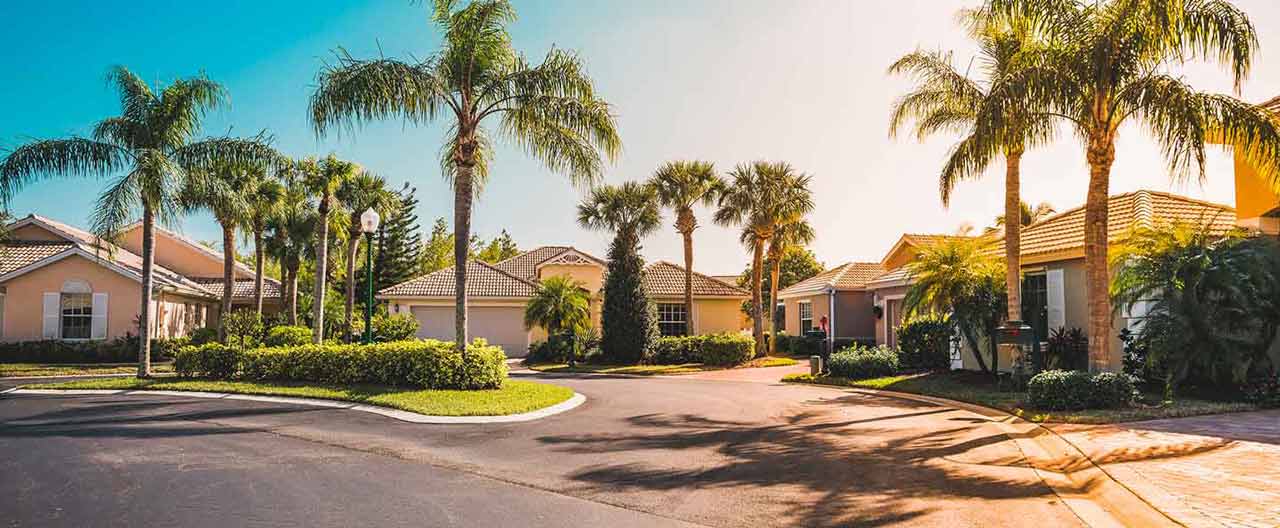- Individuals & Families
- Businesses
- Agents & Brokers
- Embedded Insurance

Chubb ranked #1 for Customer Satisfaction with the Home Insurance Claims Experience

Chubb ranked #1 for Customer Satisfaction with the Home Insurance Claims Experience

Chubb ranked #1 for Customer Satisfaction with the Home Insurance Claims Experience

Chubb ranked #1 for Customer Satisfaction with the Home Insurance Claims Experience

Because pets are family, Chubb now offers pet insurance with top-rated coverage from Healthy Paws.

Chubb offers the insurance protection you need for travel’s many “what ifs”.

Chubb protects small businesses at every stage – from newly formed start-ups to long-time anchors of the community.

Stay ahead of cyber threats with our free Cyber Claims Landscape Report.

Learn more about our dedicated learning paths, Online Learning Center, and more.

Many digital-savvy consumers look for it as a core or add-on option.

Many digital-savvy consumers look for it as a core or add-on option.

Many digital-savvy consumers look for it as a core or add-on option.

Chubb’s in-house technology makes it easy to integrate what we do into your customer experience.
-
About
-
Claims
-
Login & Pay Bill
For Agents & BrokersFor Travel Advisors
-
Back
If you have a second home, in a warmer climate, you’re probably starting to think about heading that direction soon. Before you go, make sure your home is safe from burglars, pests, and water damage.
1. Make it look like you’re home
To discourage burglars, use timers on both exterior and interior lights, and close drapes and shades to make it harder to see in. You should also put a hold on your mail and newspaper, and ask a trusted friend or neighbor to come by each day to pick up any flyers or packages that might be left on the porch or at the door.
2. Let it snow
Nothing says “we’re not home” like old snow in your driveway or walkway days after a storm. If you live in an area that gets snow over the winter, schedule someone to plow your driveway and shovel your walkways while you’re away. You may want to clean your home’s gutters and drains also, to ensure that water won’t freeze, causing damage to your roof.
3. Keep water where it belongs
To prevent water damage due to frozen, burst or leaking pipes, either shut off your water main and drain the pipes or install an automatic water leak detection and water shut-off system. It can save you huge headaches and costs if a pipe or faucet leaks while you’re gone.
4. Be ready for emergencies
Before you leave, notify not only family and close friends, but the police and your home security company that you’ll be away. That way, if something happens, the people who need you will know where to find you. You may even want to have a local contractor’s number on hand in case you need emergency repairs done quickly.
5. Turn off electronics and appliances
If you’re not around, why spend money on electricity? Unplug computers, TVs and other electronics, and turn off washing machines, dryers, and dishwashers. You may even want to empty, clean out, and turn off your refrigerator. Leave the doors open and leave baking soda inside to cut down on any odors. If you don’t turn off the fridge, at least turn off the ice maker and empty the ice bin.
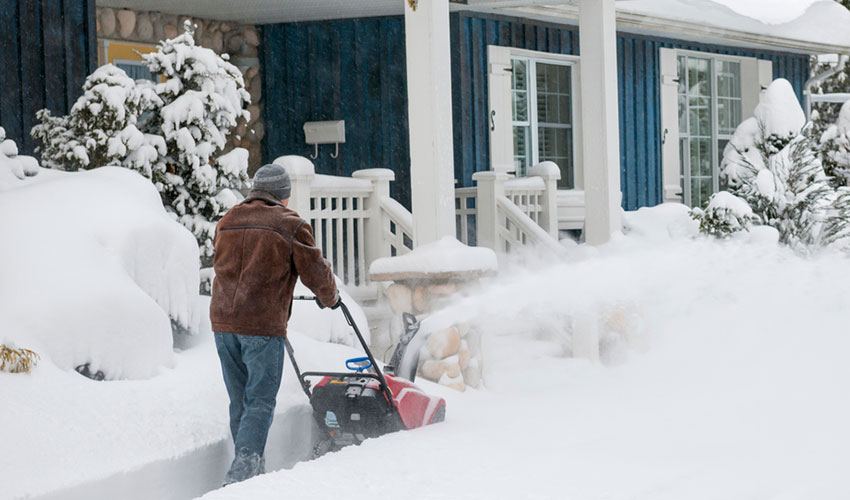
6. Make it sound like you’re home
If you have a landline telephone, turn the ringer off or forward your calls to your other location, so passersby don’t hear your phone ringing continually.
7. Don’t let the house get too cold
While you want to save money on your energy bills, set your thermostat no lower than 65° F, and consider installing a temperature monitor that will notify you if the temperature in your home drops below a certain level. This can help prevent your pipes from freezing and bursting.
8. Keep the critters and others out
Close the chimney flue to keep out squirrels, bats, or birds. Lock all windows and doors and trim back brush and hedges from your home, so that burglars can’t hide while they try to break in. If you have a sliding glass door, install slide locks so it can’t be pried open.
9. Store artwork
If you have collectibles in your home, you may want to have them professionally stored while you’re away, as changes in temperature and humidity can cause damage to some art and antiques.
10. Update your inventory
Take photos of high-value items in your home and take a complete inventory of what you have. An app like HomeZada, available to Chubb clients at an exclusive discount, can help you create the inventory, manage maintenance tasks, and send you reminders while you’re away. That way, if something happens over the winter, you’ll be able to let both the police and insurance company know exactly what it was.
Insights and expertise
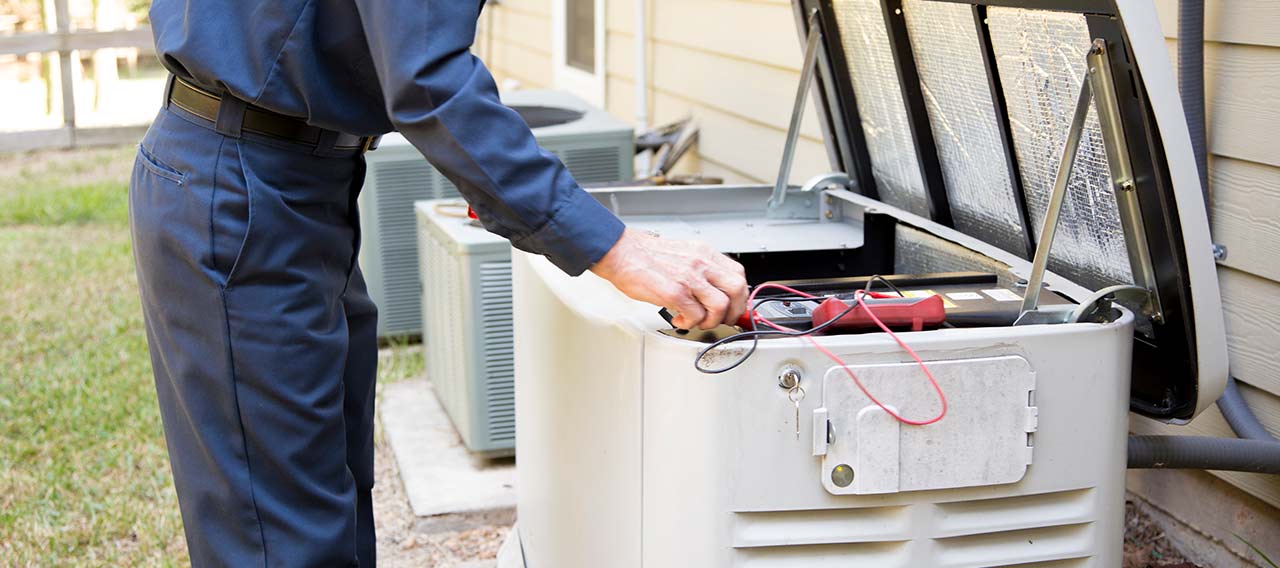
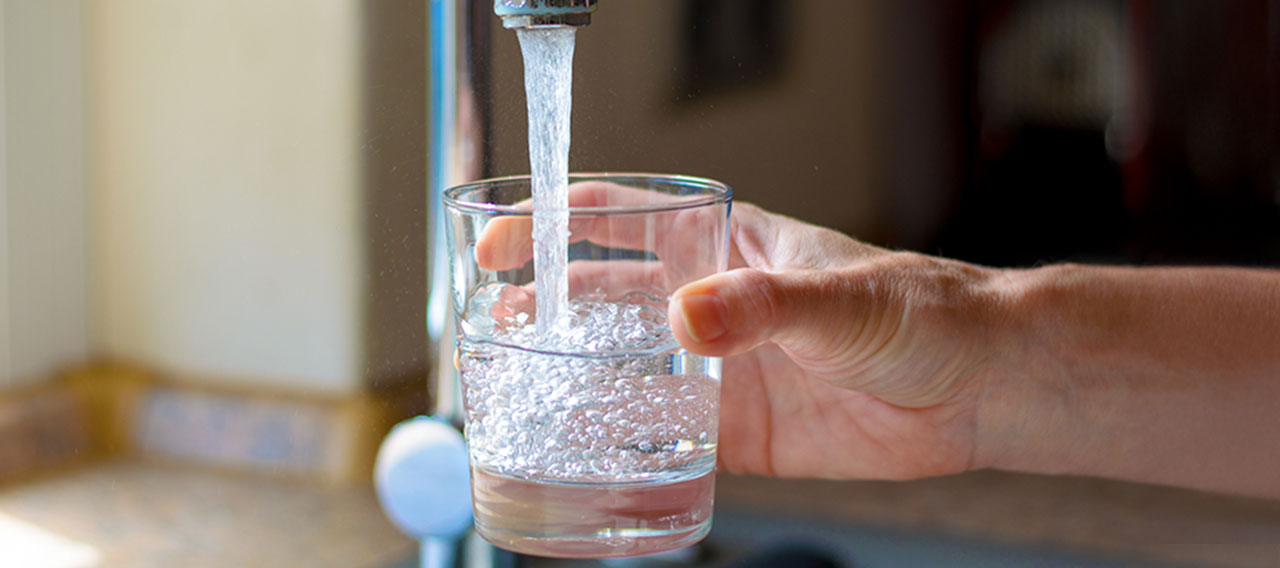

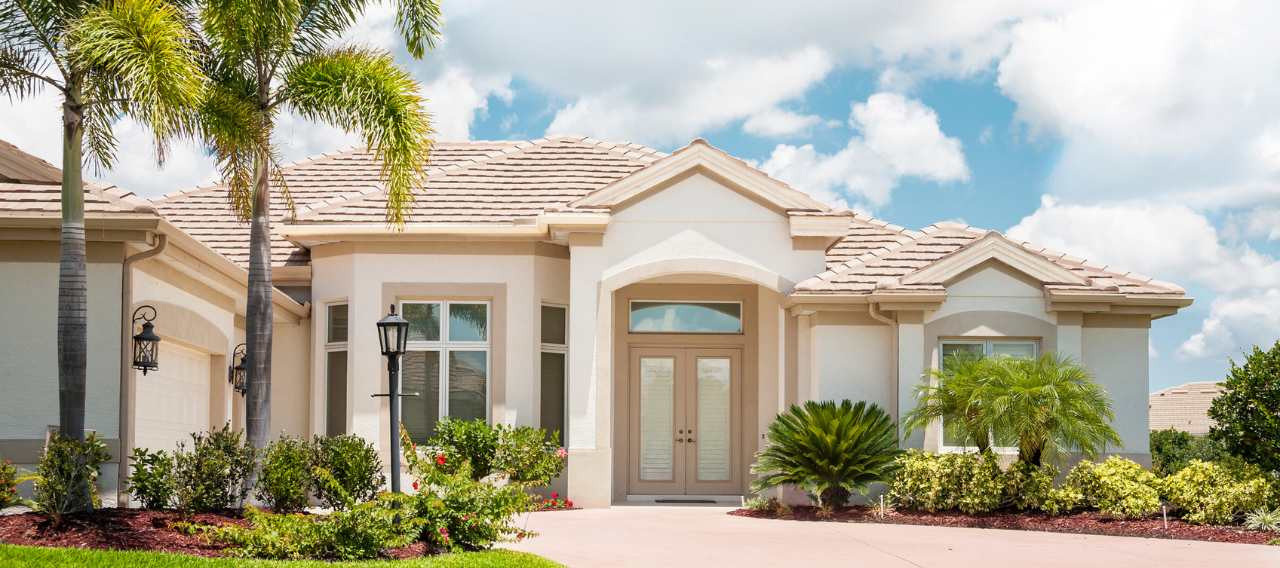
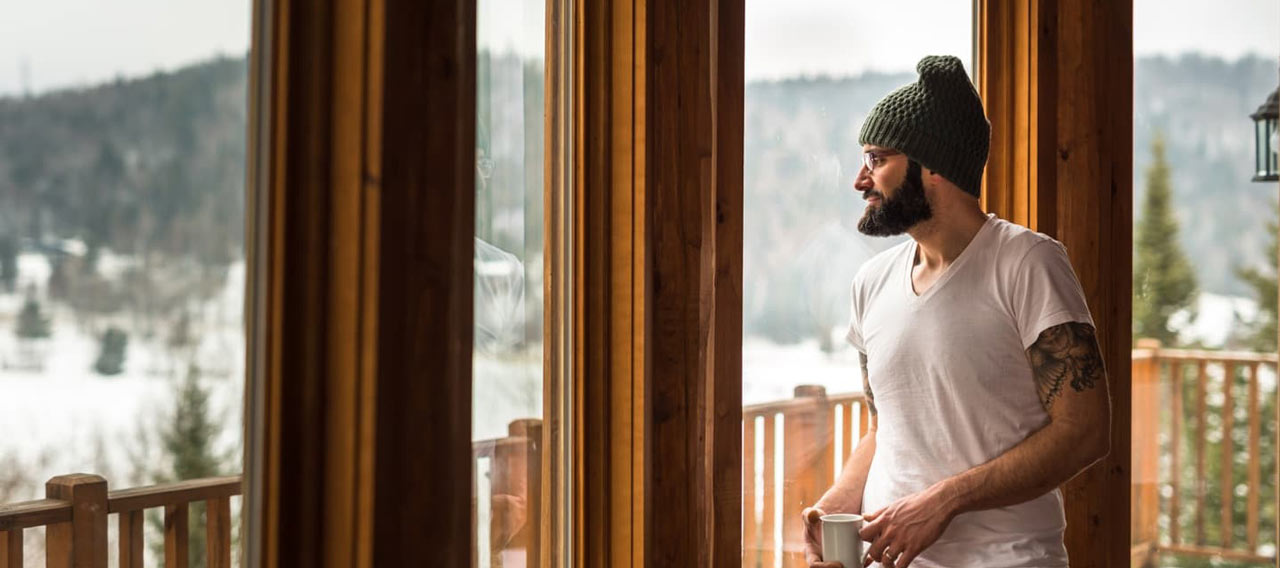

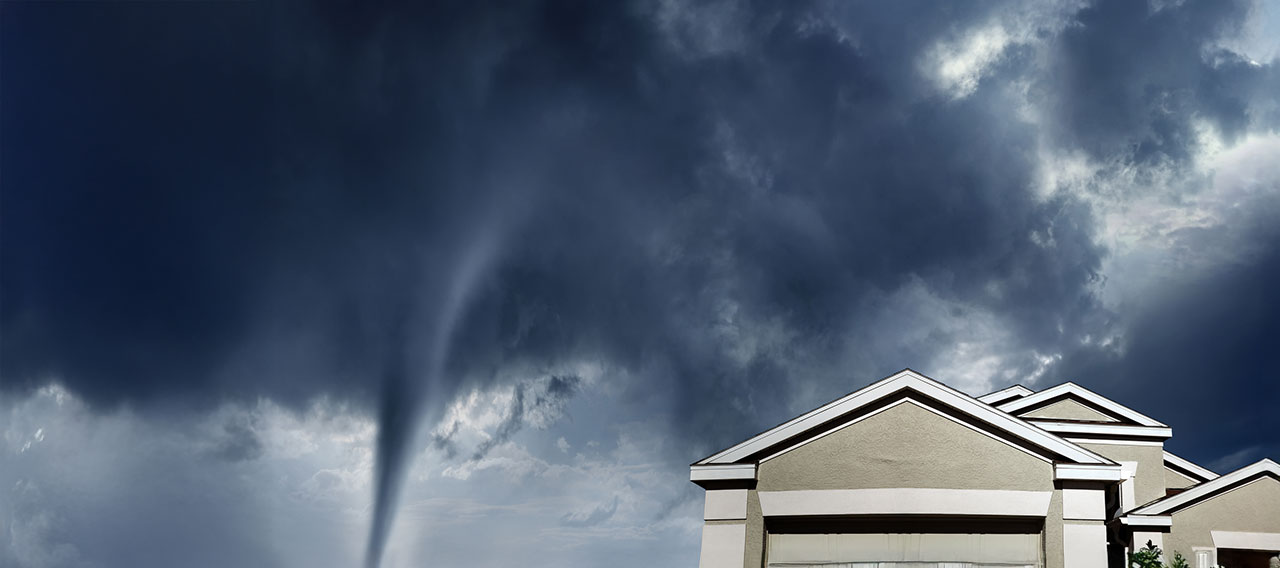
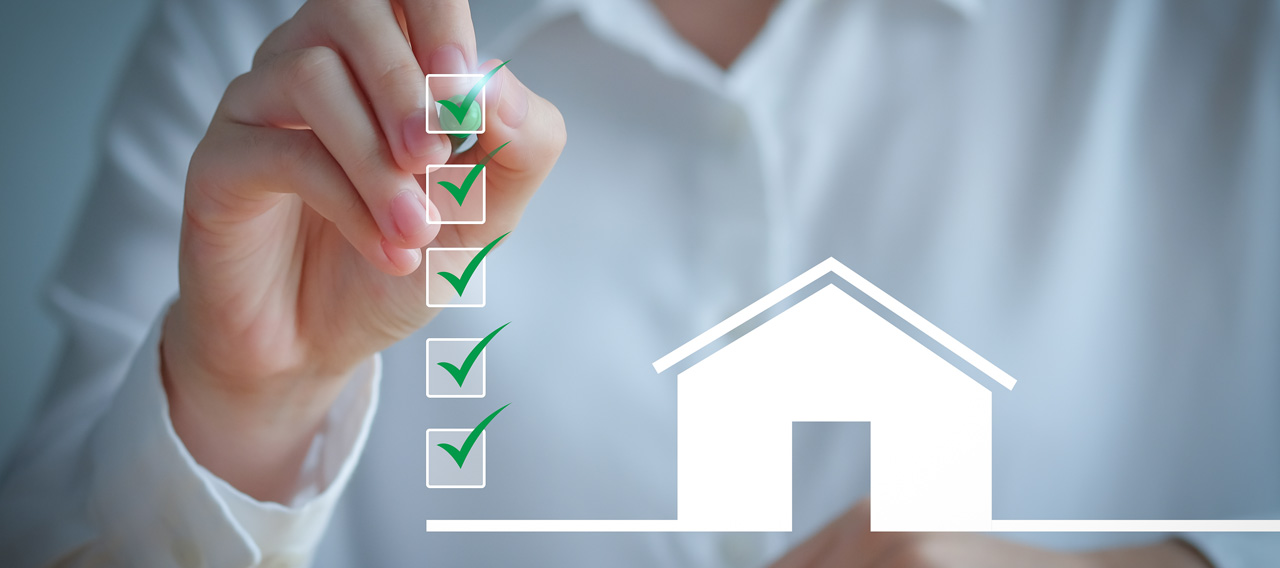
Get a personal insurance quote
Work with an independent agent to get personalized insurance solutions.
This document is advisory in nature and is offered as a resource to be used together with your professional insurance advisors in maintaining a loss prevention program. It is an overview only, and is not intended as a substitute for consultation with your insurance broker, or for legal, engineering or other professional advice.
Chubb is the marketing name used to refer to subsidiaries of Chubb Limited providing insurance and related services. For a list of these subsidiaries, please visit our website at www.chubb.com. Insurance provided by ACE American Insurance Company and its U.S. based Chubb underwriting company affiliates. All products may not be available in all states. This communication contains product summaries only. Coverage is subject to the language of the policies as actually issued. Surplus lines insurance sold only through licensed surplus lines producers. Chubb, 202 Hall's Mill Road, Whitehouse Station, NJ 08889-1600.


